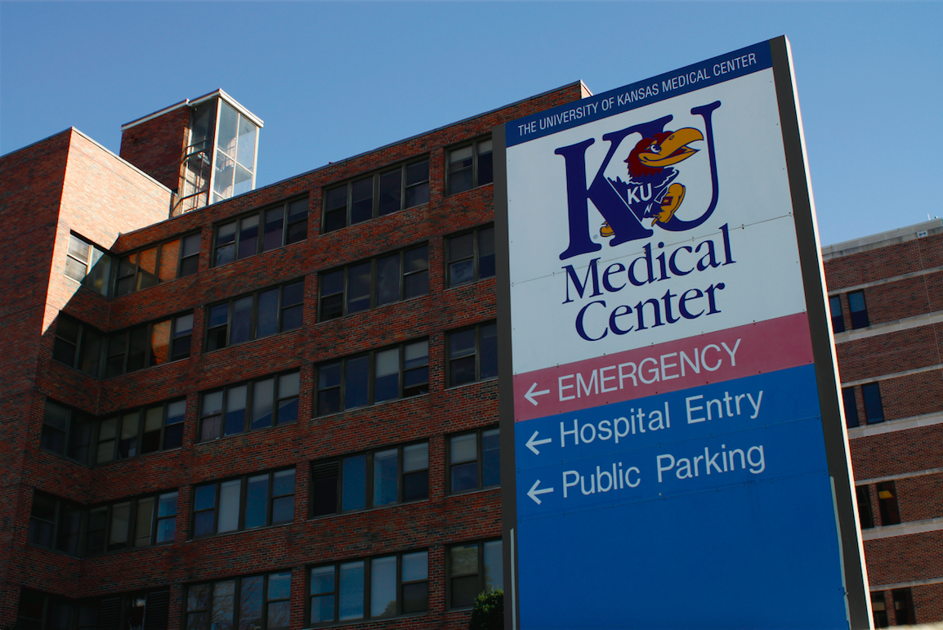
I occasionally meet a young person who wants to become a doctor, and asks for advice about how to make this happen. Probably more often, I work with a nurse or tech who has a child or niece or nephew who wants to become a doctor, and they’ll ask for advice. Apparently, these youths have no fear of being replaced by AI. It’s gonna happen. Didn’t you see Terminator? Skynet is gonna render us all unnecessary.
I remember when I was trying to get into medical school, and I scoured the internet for information. I was really looking not just for dry descriptions of the steps involved from medical school websites, but actual first-hand accounts of how it works.
Since then, I’ve learned a lot about how the process works, both getting into medical school, and getting into residency. And fellowship. And finally, how to get a job as a physician, once the training is complete. For now, I’ll focus on medical school. If there is interest, I’ll address residency, fellowship, and attending physician positions at a later date. Here is the general process.
How it works
To gain admittance to med school, an applicant must have an undergraduate degree. Most med schools accept any undergraduate degree, but you must have certain prerequisite courses, generally including chemistry, organic chemistry, biology, physics, English, and math. You can find the course requirements on the admissions website for the school you hope to attend. You want to have the best grades you can. Contrary to popular belief, not everyone has a 4.0 – I had 3.2, although it was in engineering. I think they gave me a little leeway because of that.
An applicant must take the MCAT, the medical college admissions test. This is a timed standardized exam that tests all the core premed areas: math, chemistry, physics, organic chemistry, English, reading and writing skills. Actually, I heard from an applicant recently that there is no longer an essay-writing portion of the test. In any case, you’re gonna want to do well on the MCAT.
Next, you get some letters of recommendation. These should be from people with some credibility in society, people who know you well. They are often from physicians and college professors.
Oh, by the way, you should have some clinical experience to put on your application. Volunteer in a hospital, or get a job for six months or a year as a phlebotomist.
Then you fill out the application through AMCAS, sort of an all-purpose application for medical school. The individual schools you are applying to will have their own extra application requirements. Part of your application process will include an essay basically talking about how awesome you are and why you want to be a doctor.
Once you’ve finished the MCAT and the applications, you wait for the schools to offer you an interview. I’m not sure exactly what percent of applicants are invited to interview, but it’s somewhere between all and none. Maybe 12% for a super-competitive school and 70% of in-state applicants for a state school.
The interview is a nerve-wracking process. You basically spend the day being asked questions about yourself. Things like, “Why do you want to be a doctor?” Or, “What job would you do if you can’t be a doctor?” Sometimes they will come up with oddball questions designed to see how you react under pressure, like, “When is the last time you cried?”
And you say something, like, “I’m fixing to right now.”
After the interview, you go home and have a cry or a drink, convinced that you blew it. Then you wait what seems like forever for the acceptance list to be opened online. That’s about it.
So, how did my personal experience go? Read on…
My personal experience
I was 28 years old, engaged to be married, and I had a friend who told me all about his buddy from high school who had gone to med school, and become a doctor. This guy was making lots of money and had tons of time off. And, he was an awesome lifesaving dude, like George Clooney. To an intermittently employed, severely bored and broke chemical engineer, this sounded amazing. I had met a couple of doctors, and I thought, “These guys aren’t that smart. I could totally be a phsician. Also, doctors never get laid off.” So, I borrowed my wife’s college biology book and read it. Then I bought an MCAT prep book from Barnes and Noble.
I was working at a chemical production plant in Wichita, where we made a variety of refrigerants, like R-22. The plant to be shut down as soon as our replacement plant in China was up and running. All the employees were all a little despondent, and I mentioned to my boss that I was considering applying to medical school. He said that was a great idea, and as long as the plant didn’t blow up, I could spend all day studying. It was an enormous gift. I spent the next four months studying about 35 hours a week on the clock. I bought every practice book I could find: Kaplan, Princeton Review, whatever. Then I took the MCAT and did well, as might be expected, with that much time to study. When writing this, I couldn’t remember my score, so I dug in the file cabinet and found my score- it was a 33. Pretty good, but not amazing.

I had to take a biology class to complete my prerequisites, so I took anatomy and physiology at a local junior college. It was easy, and I got something like a 99.9%. I thought to myself, “Anatomy is easy AF, I’m gonna ace medical school.” Famous last words.
I got letters of recommendation from my boss, and a couple of other coworkers. Although not physicians, they were super-badass guys and they wrote me flattering letters. One was from my friend Don Hewitt, a salty old project manager I had worked with at a lead smelter in City of Industry, CA. I can’t imagine what kind of language he would have used in my letter. When Don was in a bad mood, he was fond of threatening to fire “every swinging dick”. He had a way with words. Nonetheless, he must have reined in his verbosity, because I got an interview at KU, my state school.

The interview day was hell, with lots of tours and intimidating old doctors grilling me, and I don’t remember what else. I thought it went okay. Then a few months later, I was put on the wait list.
THE WAITLIST
The wait list is a purgatory for med school applicants. It says you weren’t in the top 175, but you were in the top 275 or so. The idea is that not everybody accepted decides to attend that school. Some go somewhere else. Some decide not to go to med school. Some probably die. This all frees up some of the spots, and you move up the wait list. I spent the next few months calling every day, asking what my standing was. I didn’t make it into the top 175. So, I went back to work at my doomed chemical plant, and then found another job. That was at Cessna, working with sealants and adhesives. Then, I was laid off after 9 months, due to the downturn in general aviation after 9-11. So, I found another job, designing and building ethanol plants. Almost as an afterthought, I reapplied to medical school. After all, the work was all done, the prerequisites and MCAT and letters of recommendation.
I interviewed again, with another year to think about my answers to the questions I knew they would ask. I was older, more confident this time. I was 29. And the mother$%*ers wait-listed me again! This time, I was done with med school. To hell with them. I did not call every day to see if I was getting close to getting in.
Then something weird happened. I got a call from KU Med, letting me know my number had come up. I was going to be a doctor.
Med school

We moved up to Kansas City in May of 2004. I spent the summer taking preparatory classes with a group of students from places like Ivory Coast, Africa, and Mulvane, KS. Typical third-world refugees. Without a doubt, it was the most awesome group of people in my entire class, and we helped each other through. I started the real classes in August 2004, and graduated in May 2008. I wasn’t close to the top ten, but I’m pretty sure I was in the top quarter of my class. As far as I remember, all my minority and redneck friends graduated too.
Along the way, I watched more than a few students who got in on their first try drop out or get kicked out. It always made me wonder, how is it that the experts aren’t better at selecting who gets into medical school? I think the answer is that medical school is a grueling, terrifying, beautiful process. It’s called, “drinking from the fire hose,” because of the amount of material you must absorb and the speed at which it must be absorbed. The things you see and experience are humbling and uplifting. It is a crucible in which a student is melted down and reformed into a physician. And there is no accurate way to predict who is going to make it through in one piece. Brains are important, as is maturity, and empathy. Blind ambition is important. But there is something else, something we haven’t yet defined and cannot measure. And your score on the MCAT has nothing to do with this undefined quality that is the final piece of your success as a doctor. I just hope they can program it into the AI when they replace us all with computers.
This is such important info! And easy to understand. Too bad there’s no pictures 😊
A great guide for pre doctors. The humor is very good.
Nice nails 😂